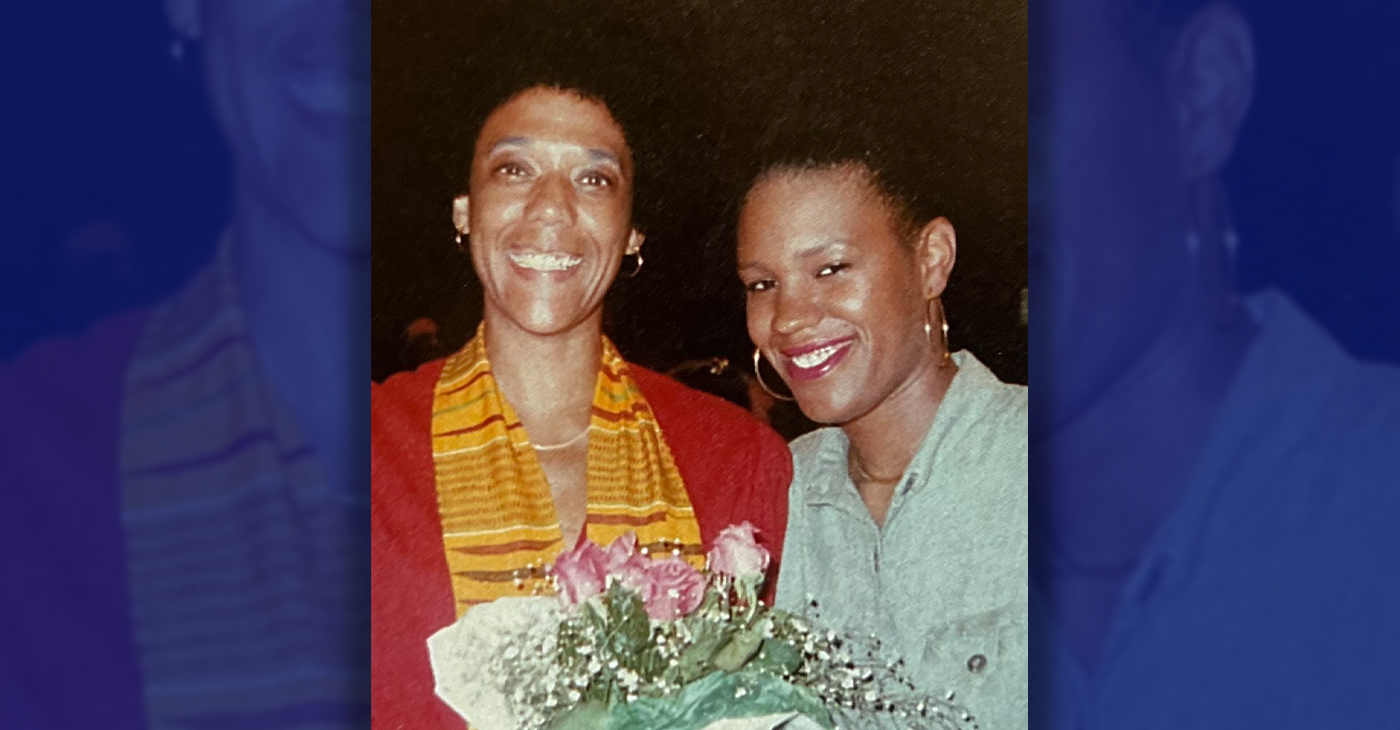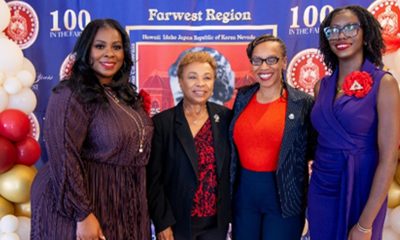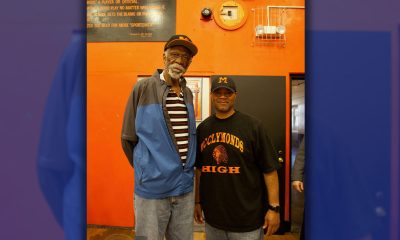Berkeley
Discovery Paves Way for Homebrewed Drugs, Prompts Call for Regulation
Arts and Culture
Farwest Region Deltas Celebrate Centennial With “September Breakfast” Honoring Vivian Osborne Marsh
The region was established in 1925 under the leadership of Vivian Osborne Marsh, who became its first Regional Director. Marsh was a pioneering scholar and civic leader, earning recognition as the first Black woman to receive both a bachelor’s and a master’s degree in anthropology from UC Berkeley.

Arts and Culture
Cal Performances Presents Angélique Kidjo & Yo-Yo Ma in Sarabande Africaine at UC Berkeley Greek Theatre on Aug. 30
On Saturday, Aug. 30, the pair will debut the Bay Area premiere of Sarabande Africaine, joined by pianist Thierry Vaton, percussionist David Donatien, and special guest Sinkane. The program illuminates centuries of musical interplay between African traditions and Western classical forms, using the Baroque sarabande dance, and its African ancestor, the Congolese spirit dance Zarabanda, as a gateway to exploring the deep, interconnected roots of global music.
Activism
The Case Against Probate: False Ruling Invalidates Black Professor’s Estate Plan, Ignoring 28-Year Relationship
Zakiya Folami Jendayi, beneficiary of Head’s estate, states that “The errors, ranging from misstatements of fact, omissions of critical evidence, and reliance on false arguments and testimony, formed the basis of Judge Sandra K. Bean’s ruling against me, Dr. Head’s previous student, mentee, sorority sister and long-time friend,and despite the fact that I was her chosen, power of attorney, Advanced Healthcare Directive agent, trustee, executor and sole beneficiary.”

-

 Alameda County4 weeks ago
Alameda County4 weeks agoOakland Council Expands Citywide Security Cameras Despite Major Opposition
-

 Alameda County4 weeks ago
Alameda County4 weeks agoBling It On: Holiday Lights Brighten Dark Nights All Around the Bay
-

 Activism3 weeks ago
Activism3 weeks agoFirst 5 Alameda County Distributes Over $8 Million in First Wave of Critical Relief Funds for Historically Underpaid Caregivers
-

 Black History3 weeks ago
Black History3 weeks agoAlfred Cralle: Inventor of the Ice Cream Scoop
-

 Activism4 weeks ago
Activism4 weeks agoOakland Post: Week of December 24 – 30, 2025
-

 Activism3 weeks ago
Activism3 weeks ago2025 in Review: Seven Questions for Assemblymember Tina McKinnor, Champion of Reparations, Housing and Workers’ Rights
-

 Activism3 weeks ago
Activism3 weeks ago2025 in Review: Seven Questions for Assemblymember Lori Wilson — Advocate for Equity, the Environment, and More
-

 Advice3 weeks ago
Advice3 weeks agoBOOK REVIEW: Let Me Be Real With You



















































